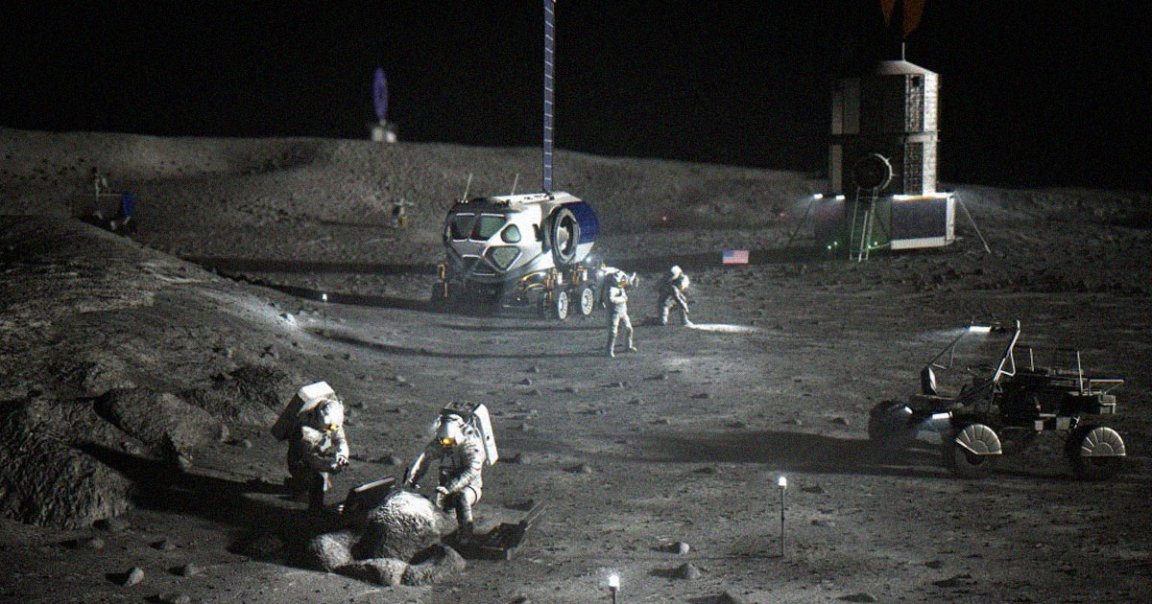
Stay Out
Nobody quite knows what the future of lunar exploration will look like.
With world powers including the US, China, and Russia hustling to establish a permanent presence on the Moon, the conversation surrounding the allocation of lunar resources has only begun.
And, if it were up to NASA administrator Bill Nelson, the US needs to act before China gets there first — and is unwilling to share.
“I don’t want China to get to the south pole first with humans and then say: this is ours, stay out,” Nelson told journalists during a Tuesday press briefing about the space agency’s Artemis Moon program.
“If indeed we find water in abundance there that could be utilized for future crews and spacecraft, we want to make sure that’s available to all, not just the one that’s claiming it,” he added.
Space Race
His comments highlight growing tensions between NASA and China’s space program. Nelson has long warned that political divides could end up intensifying the ongoing head-to-head.
“It is a fact: we’re in a space race,” Nelson told Politico earlier this year. “And it is true that we better watch out that they don’t get to a place on the Moon under the guise of scientific research.”
It’s not just China. Russia’s invasion of Ukraine, which ripped a tear between NASA and Russia’s space agency Roscosmos, has only added to these tensions.
While Russia is also planning to scan the south pole for water, Nelson dismissed these efforts as being much less of a threat than China.
China has made massive leaps in its efforts to explore outer space. Its Tiangong space station, for instance, which rivals the International Space Station, was assembled in Earth’s orbit in less than two years.
But whether the country stands a chance of delivering its own taikonauts to the lunar surface before Artemis III, NASA’s first crewed Moon landing mission since 1972, remains to be seen.
NASA claims the mission is still on track for launch in late 2025, which doesn’t give China much time.
On the other hand, China is well aware of NASA’s budget uncertainty — which could end up delaying the mission.
More on China: Chinese Astronauts Grow Human Blood Cells in Space